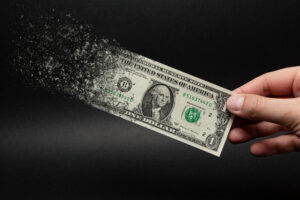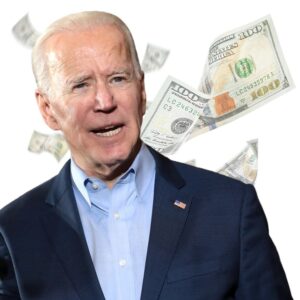Freedom of Speech Explained
The First Amendment gives Americans five basic freedoms: Freedom of speech, press, petition, assembly and religion.
While all five are important, perhaps Freedom of speech is talked about the most.
Free speech is the cornerstone of our democracy.
Although what you say can have consequences—like losing friends or a job—it gives Americans the right to express opinions without government censorship or control. And more importantly–you can’t go to jail for expressing your opinion.
It not only protects speech that people like, but speech that people don’t. Because when it comes to free speech, either everyone is protected or no one is at all.
It allows citizens to support political movements and candidates. It gives people the power to call out government corruption and abuse. And most importantly, it empowers people to give unpopular opinions.
The Civil Rights movement is a perfect example of free speech in action.
During the 1950s and 1960s, civil rights activists—such as Dr. Martin Luther King Jr.—were able to use free speech as a tool to force change within society. By exercising their voice, civil rights activists were able to outlaw racial discrimination that plagued the nation.
In today’s politically charged climate, some people believe the government should restrict certain speech. But thankfully because of the First Amendment, everything from car commercials to firey protests are protected.



